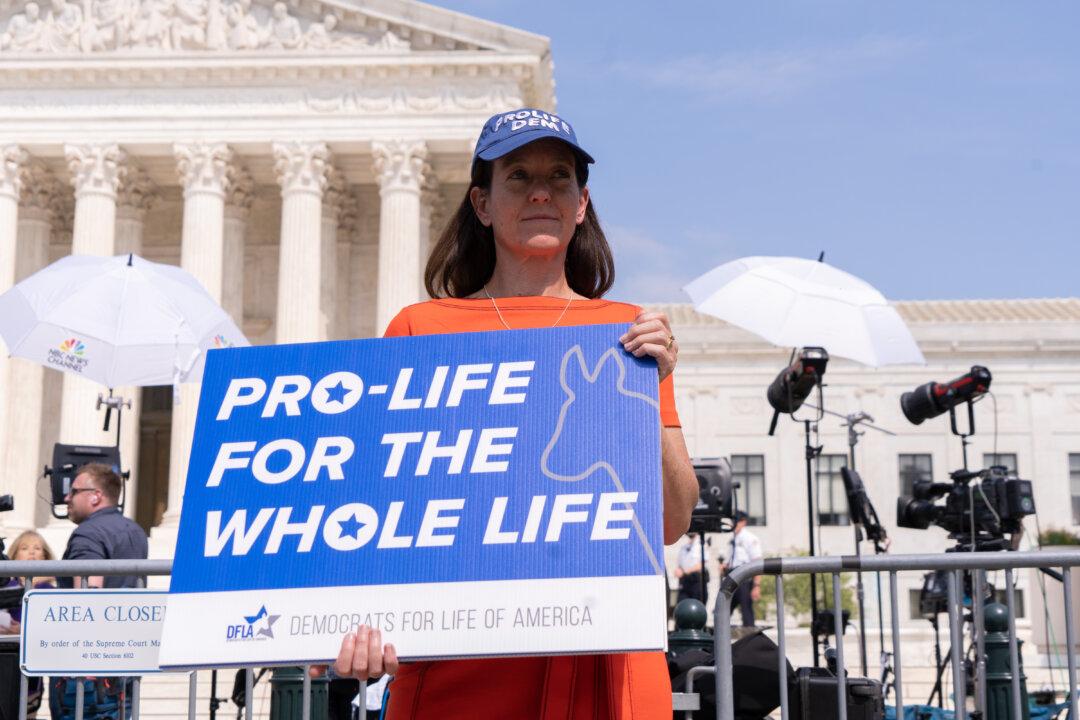An overturning of Roe v. Wade won’t come close to ending legal abortion in the United States, but rather, a flurry of legal wrangling at the state level is all but certain to follow the ruling’s expected rollback, longtime observers of the battles over abortion in the United States say. This will lead to numerous contrasting and opposing laws and regulations in different states, they say.
The leak of a draft opinion on the case of Dobbs v. Jackson Women’s Health Organization published by Politico on May 2 caught many people off guard, caused censure from both sides of the political spectrum, and kicked off a flurry of statements by federal and state politicians looking to get ahead of an expected overturning of the seminal 1973 precedent that wrested the regulation of abortion from the states and made the procedure lawful throughout the entire United States.d





